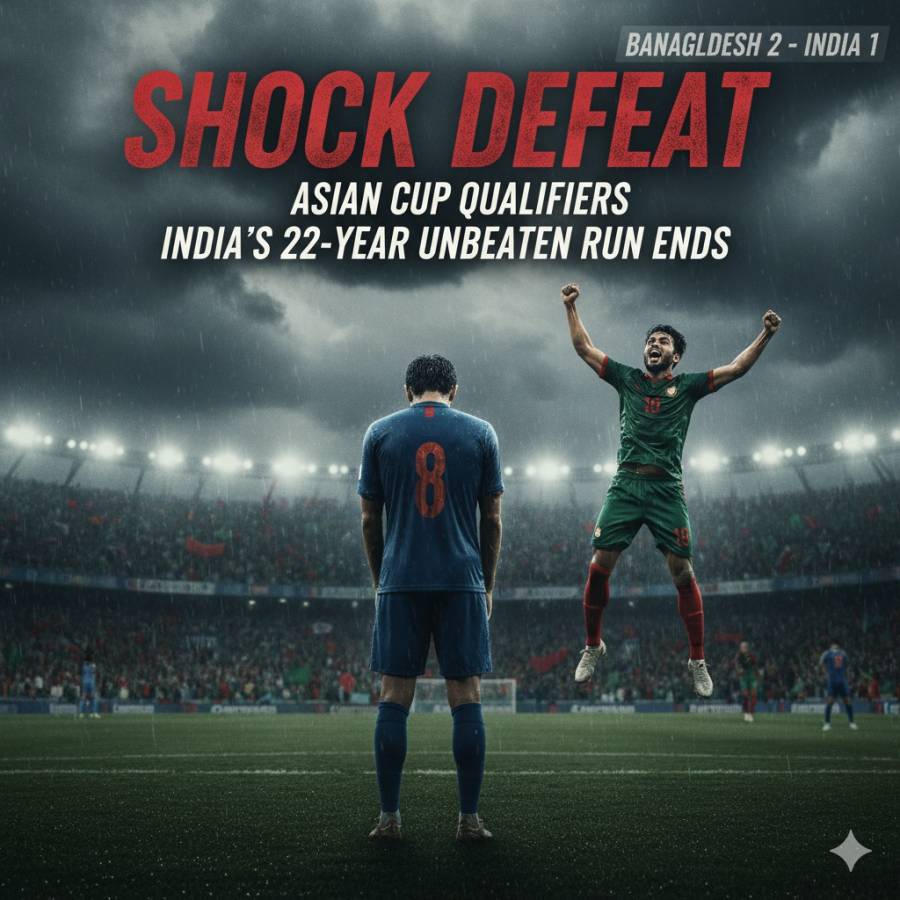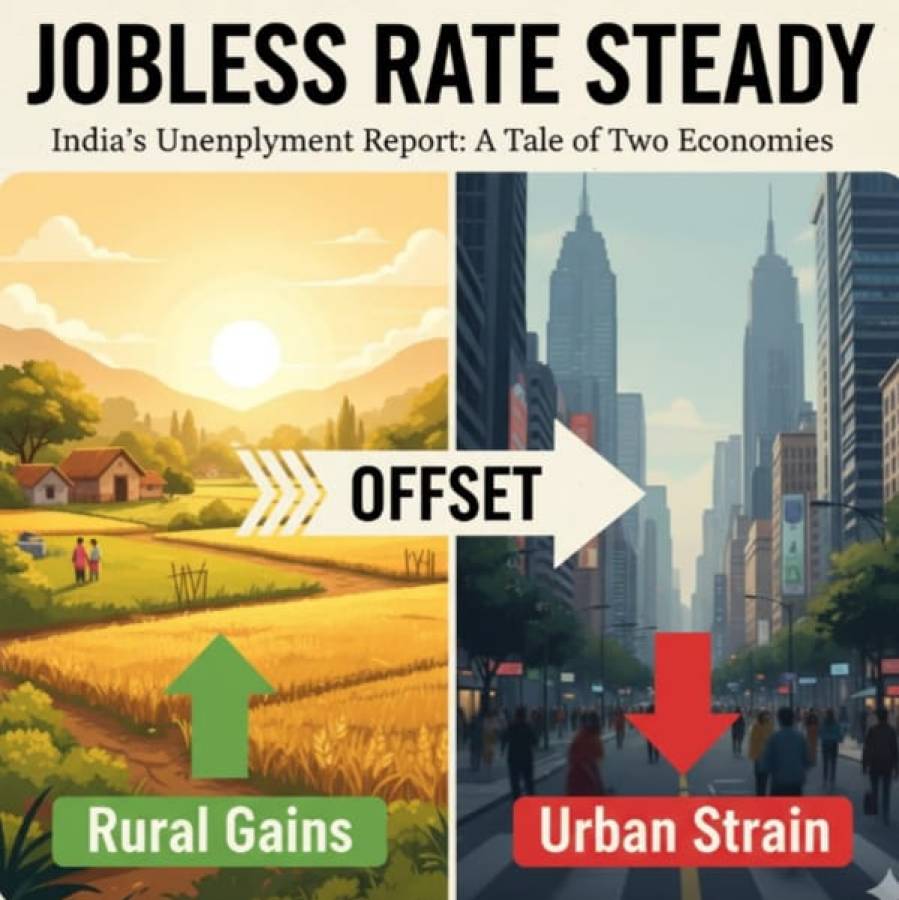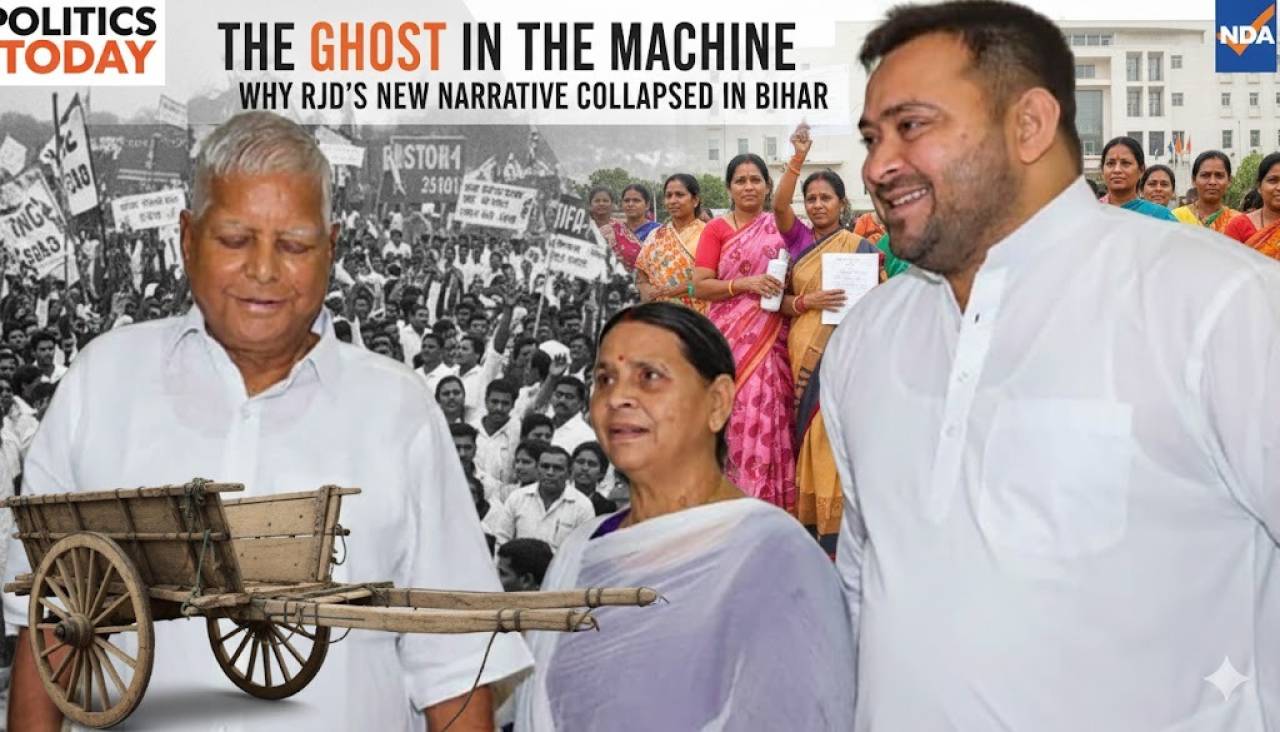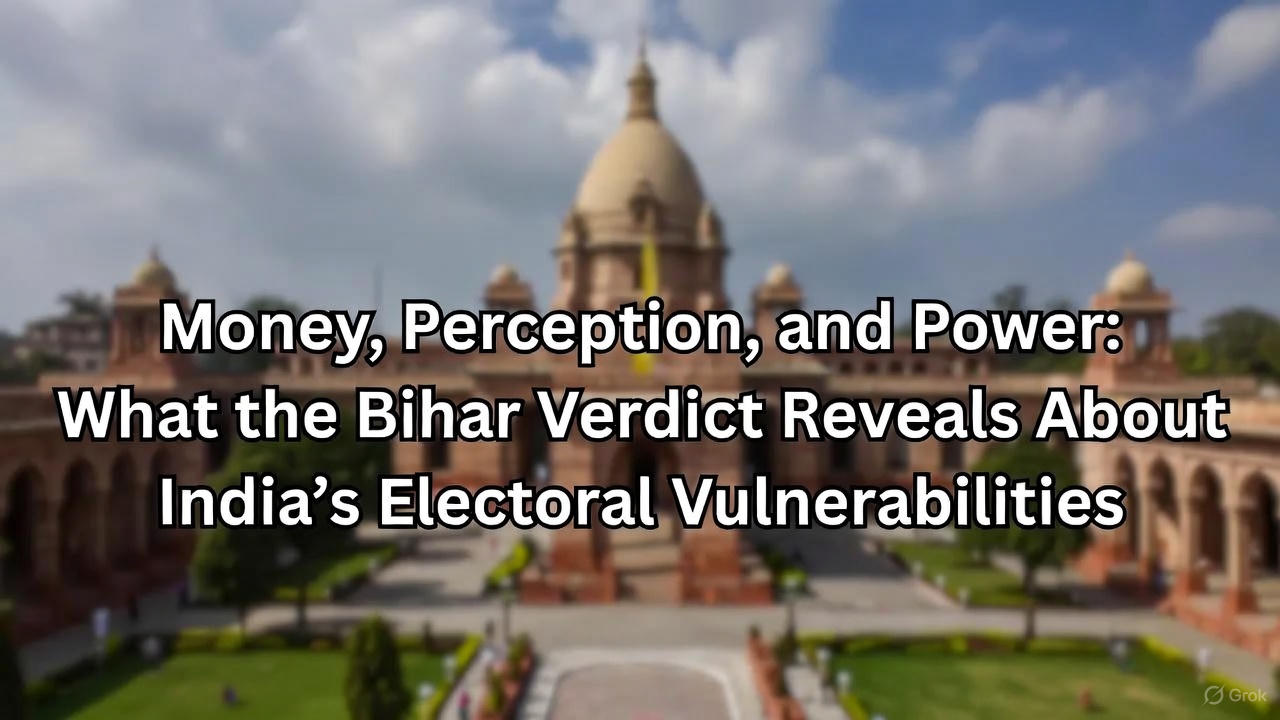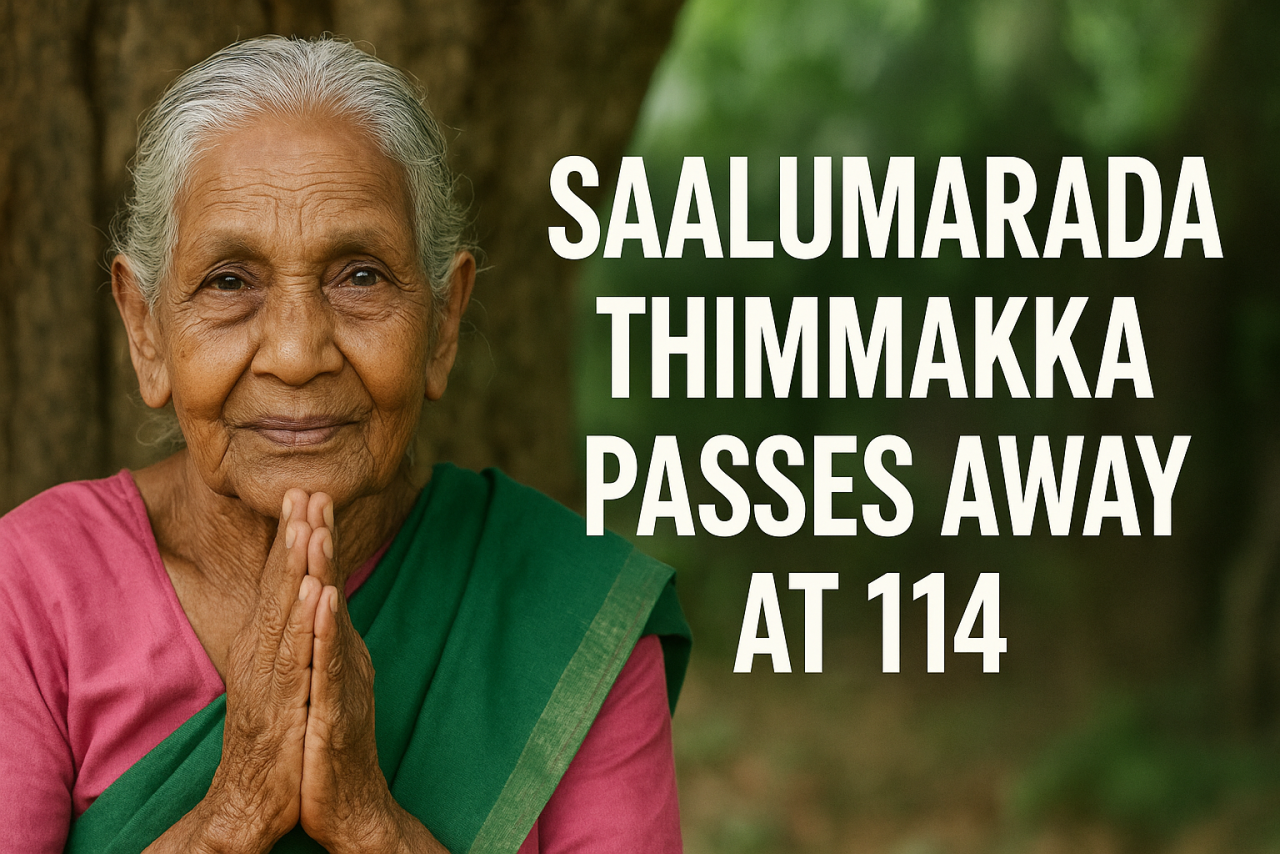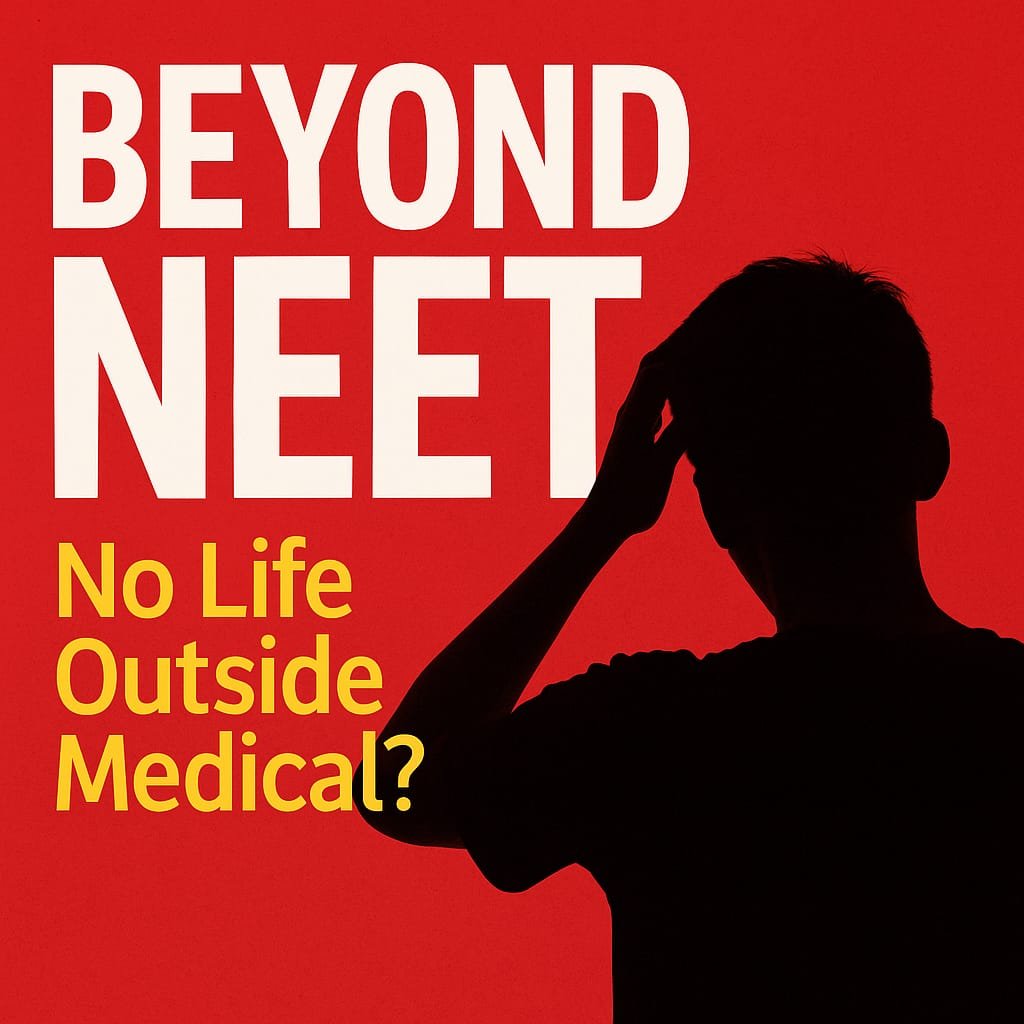
Every year, millions of Indian students pour their hopes, energy, and family savings into a single dream: cracking NEET and becoming a doctor. The ambition is noble, but the reality is increasingly harsh. The NEET-UG 2025 results show just how competitive the landscape has become. Out of 2.2 million students who appeared for the exam, only about 1.2 million managed to qualify. Of those, only a very small fraction secured top ranks required for entry into premier medical institutions like AIIMS.
In a country where more than 18 lakh students appear for NEET annually, the race to become a doctor is severely overcrowded. While 1,236,531 students cleared the exam this year, the total number of MBBS seats available is only around 1,08,915. That leaves nearly 90 percent of aspirants without a government seat. For many, the only remaining option is to enroll in private medical colleges, where fees can exceed one crore rupees in total. This amount is beyond the reach of most middle-class families, pushing many into debt or forcing them to abandon the dream entirely.
What makes the situation even more troubling is how the NEET journey has been glorified to the point of obsession. Mahesh Kumar from Rajasthan, who scored a perfect 720 out of 720, is being hailed across the country. His routine involved over six hours of study each day, minimal entertainment, and an almost monastic lifestyle. Second-rank holder Utkarsh Awadhiya from Madhya Pradesh followed a similarly intense path. While these success stories are inspiring, they represent rare exceptions. For most students, such levels of discipline and sacrifice are not realistic or healthy.
This excessive focus on NEET highlights a deeper issue within India’s education system and society at large. There is a widespread belief that a career in medicine is the most prestigious and secure path available. This belief has created a national tunnel vision. As a result, we are neglecting countless other valuable professions. Fields such as environmental science, artificial intelligence, public policy, law, biotechnology, and academic research are just as vital for India’s future, but they receive far less encouragement or visibility.
Even more concerning is how the NEET obsession has taken hold in small towns and rural areas. In these places, medical success is often seen as the ultimate symbol of achievement. Coaching institutes have capitalized on this mindset, charging families lakhs of rupees per year. Many children begin preparing for NEET as early as Class 9, giving up hobbies, social time, and even their sense of childhood for a single test.
The mental and emotional cost of this narrow pursuit is high. Many students experience anxiety, burnout, or depression. Those who fail often struggle with low self-esteem, while those who succeed may still face financial strain if they can only afford a private medical college. The pressure to succeed becomes all-consuming, often overshadowing the joy of learning or the importance of exploring alternative strengths.
To fix this, India must take urgent steps to diversify and expand its higher education system. Increasing the number of public medical colleges is essential, but so is strengthening state-funded institutions in related fields like nursing, pharmacy, biomedical engineering, and public health. These professions are not only respectable but necessary for building a robust healthcare system.
Equally important is the need for proper career guidance in schools. Students should learn about a variety of career paths, not just MBBS. From BSc Nursing to clinical research, from biotechnology to health policy, there is a wide array of options that can offer personal fulfillment and societal value. Quality counseling must be made part of the curriculum, especially in government and rural schools where access to such guidance is often lacking.
Parents, teachers, and policymakers all have a role to play in reshaping expectations. A child who does not clear NEET is not a failure. They are simply someone whose talents may lie elsewhere. It is time we built an education system that recognizes this diversity of potential rather than pushing everyone toward the same narrow gate.
The NEET toppers deserve recognition, but so do the millions who gave it their all and are now searching for direction. If India truly wants to empower its youth, it must look beyond a single exam and toward a broader, more inclusive definition of success.
The NEET success stories must no longer blind us to the silent despair of the 18 lakh others. It’s time to look beyond.


